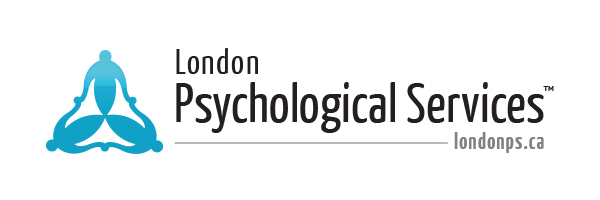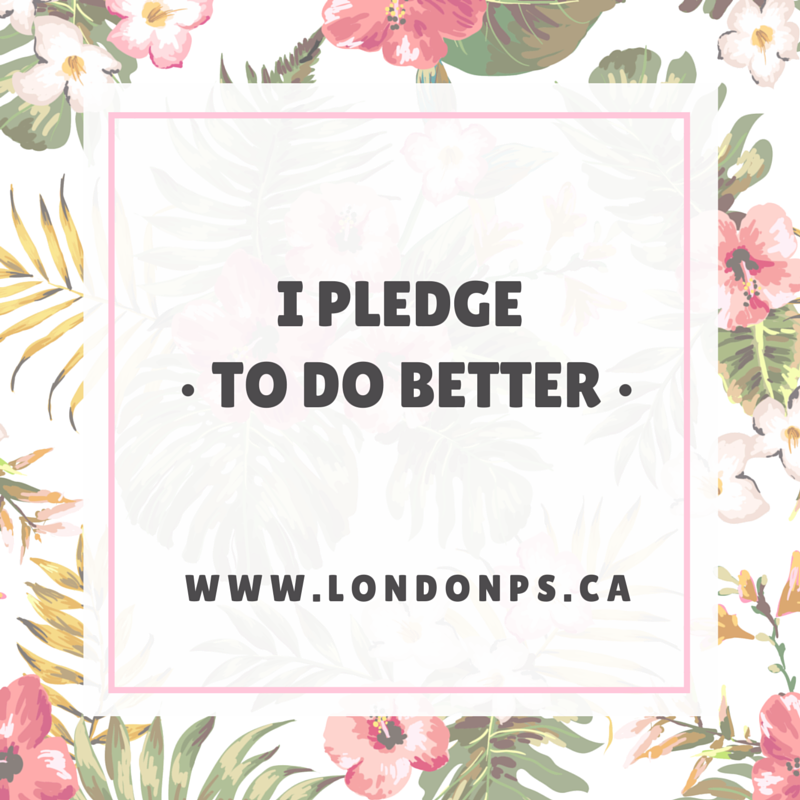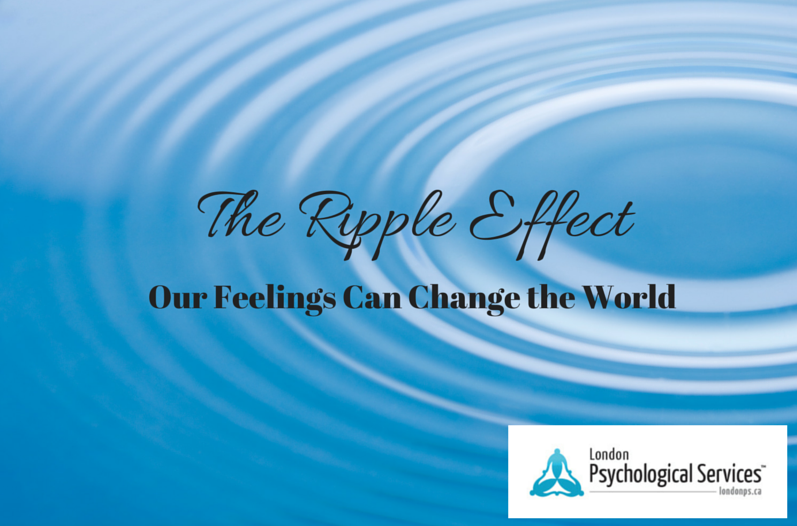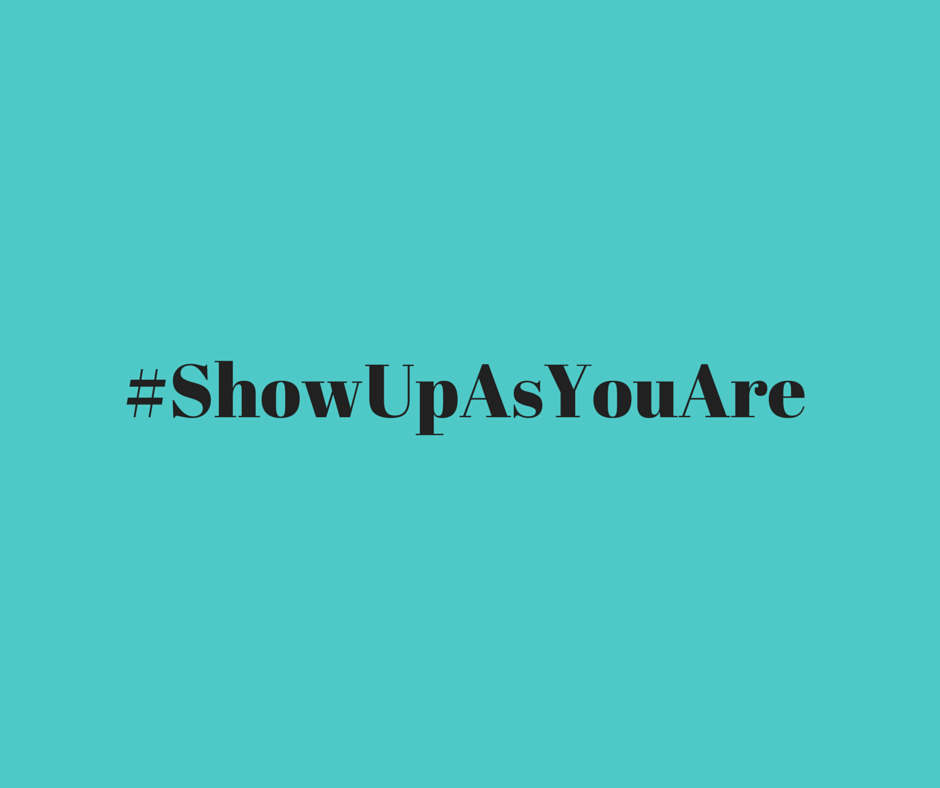Dear society,
We have some work to do. There are so many things we need to work on, but today I want to work on how we deal with infertility and pregnancy loss.
Because for the most part, we suck. We suck in how we treat ourselves and others when it comes to these really sucky, heart breaking, monumental situations.
When it comes to infertility and pregnancy loss, we become inept, socially awkward, hot messes. Or we just keep it all to ourselves, and shame and guilt ourselves for something that is completely out of our control. Or we just avoid the topic all together.
This needs to change.
So let’s start with the basics.
Infertility and Miscarriage is Common
For many women, infertility and pregnancy loss is a part of our reality. Statistics indicate that 1 in 6 couples experience difficulties conceiving and approximately 20% of pregnancies end in miscarriage. These are not infrequent events. Add in the additional traumas of later term pregnancy losses, terminating due to medical conditions and stillbirths, there are a lot of women who have had fertility related complications.
This is a lot of women.
You likely know a woman who has experienced a fertility related complication or you are a woman who has experienced one.
This is not some super rare, 1 in a bajillion chance, condition. This is happening to a lot of us.
Despite the regularity of these situations, we are super uncomfortable talking about them. We are super uncomfortable talking about them if they are happening to us and we are super uncomfortable talking to people who are going through them.
What gives?
It's Uncomfortable to Talk about Fertility
For many of us, fertility is considered a pretty private thing. I get that. You’re probably not going around announcing that you’ll be bedding your honey on Tuesday, because that’s when you’re ovulating. Good boundaries! I appreciate being spared the visual.
However, when our fertility journey hits a bump, a lot of that privacy feels stripped away. All of a sudden we may find ourselves talking to a team of medical professionals about our sex life. People are checking out our uteruses, fallopian tubes, and all other previously private parts. A highly emotionally charged part of your life is being boiled down to scary statistics and complicated sounding medical terms.
We feel exposed and vulnerable.
It’s so hard. It’s even harder to talk about how exposed and vulnerable we feel, especially when we feel that we are totally alone in this (which as we clarified above, not accurate, since it’s happening to a lot of us.)
It’s also so hard to keep talking about it when we get less than ideal responses, like;
“Just relax, it will happen!”
“You can always try again.”
*crickets*
One of the hardest parts of going through my own fertility treatments was sitting in the waiting room with so many other women who were going through similar experiences. There was so much potential for support and empathy, yet we were all too busy trying not to make eye contact.
Maybe we need a better system in those waiting rooms; wear a green pin for “yes, please talk to me, I need to desperately!” and red for “not today, will just be staring at my shoes.” (side note: if you go with the staring at your shoes option, make sure to wear your most awesome amazing shoes. You gotta find joy where you can.)
If you are a woman currently in the midst of this fertility crap, please know that you’re not alone in this. You likely have some unrealistic expectations of yourself and how you “should” be coping. These experiences can trigger all sorts of responses and you need to allow yourself to feel them. You need to talk about your experience. Not sure who to talk to? You can definitely talk to me. Many women report feeling a bit better after just a few sessions (the first session will likely involve some, er, many tears and that’s okay. I’ve got tissues and I’m cool with crying).
If you know someone that is experiencing fertility complications and you don’t know what to say, that’s okay, you don’t have to have the perfect thing to say. Ask her how she is feeling. Give her space to talk about what she needs to talk about. Bring her ice cream. Don’t try to make it better (seriously, retire any well-meaning platitudes today!). Acknowledge what she is going through. Do not ignore or avoid the topic. I know you don’t want to upset her, but she’s already upset, and ignoring just makes it worse.
So society, can we pledge to do better? Can we pledge that we will stop being so weird and awkward. Can we just say “I’m sorry this is happening, it sucks.”







